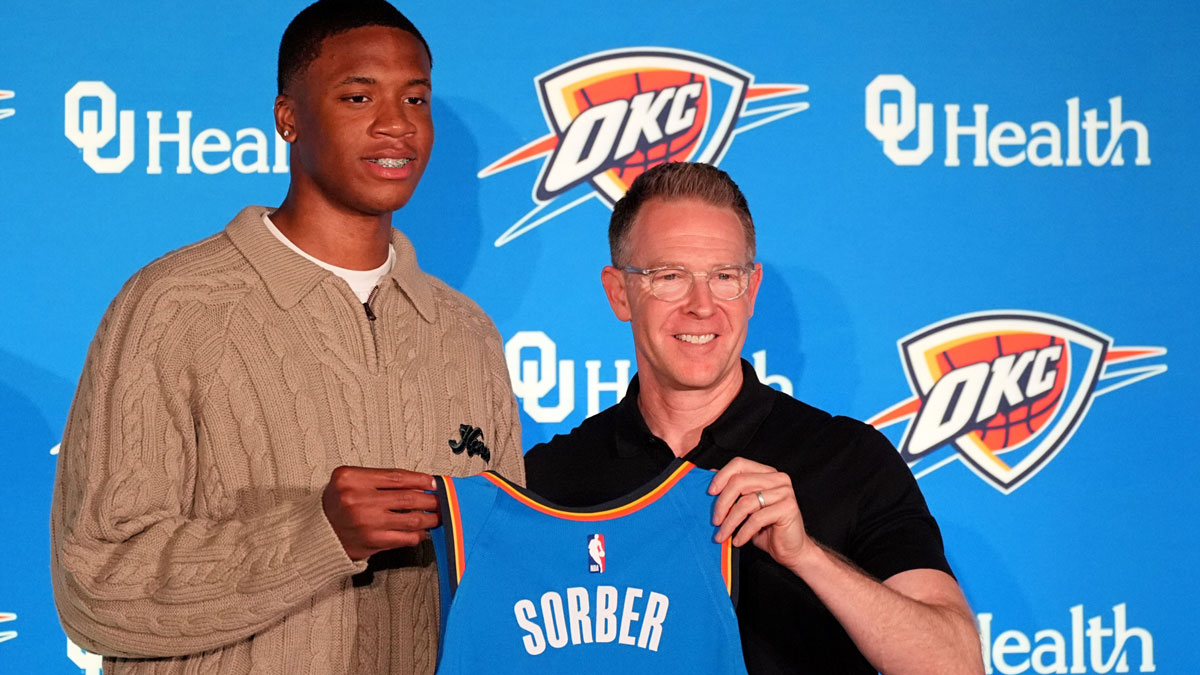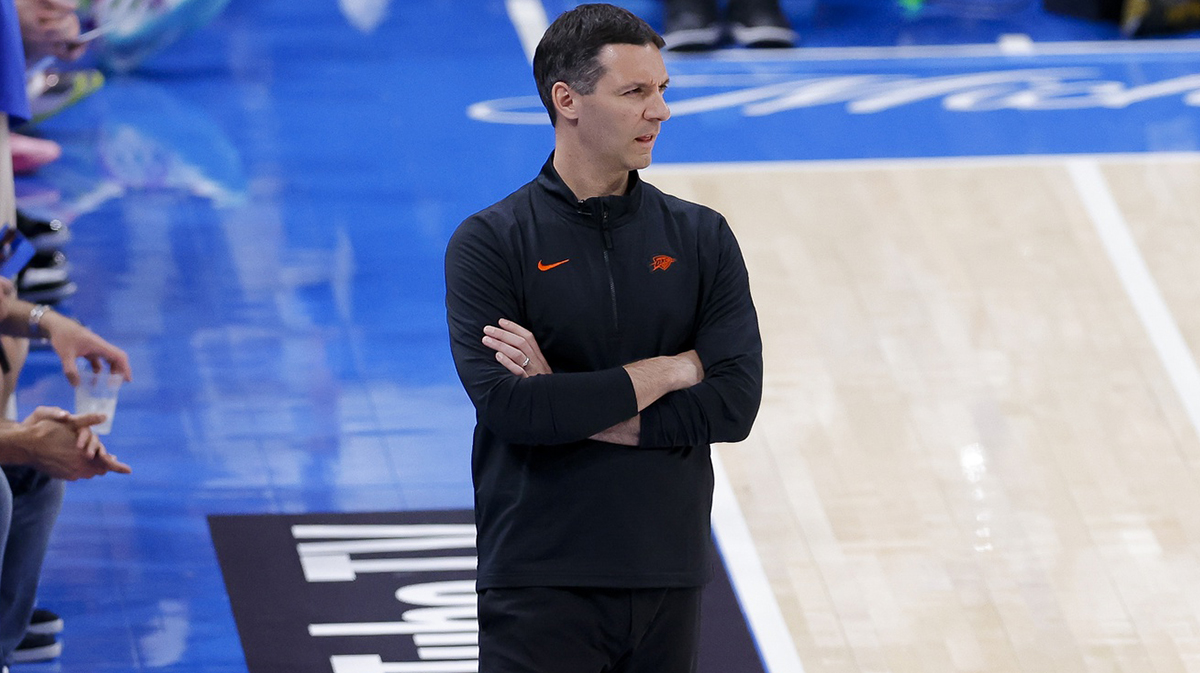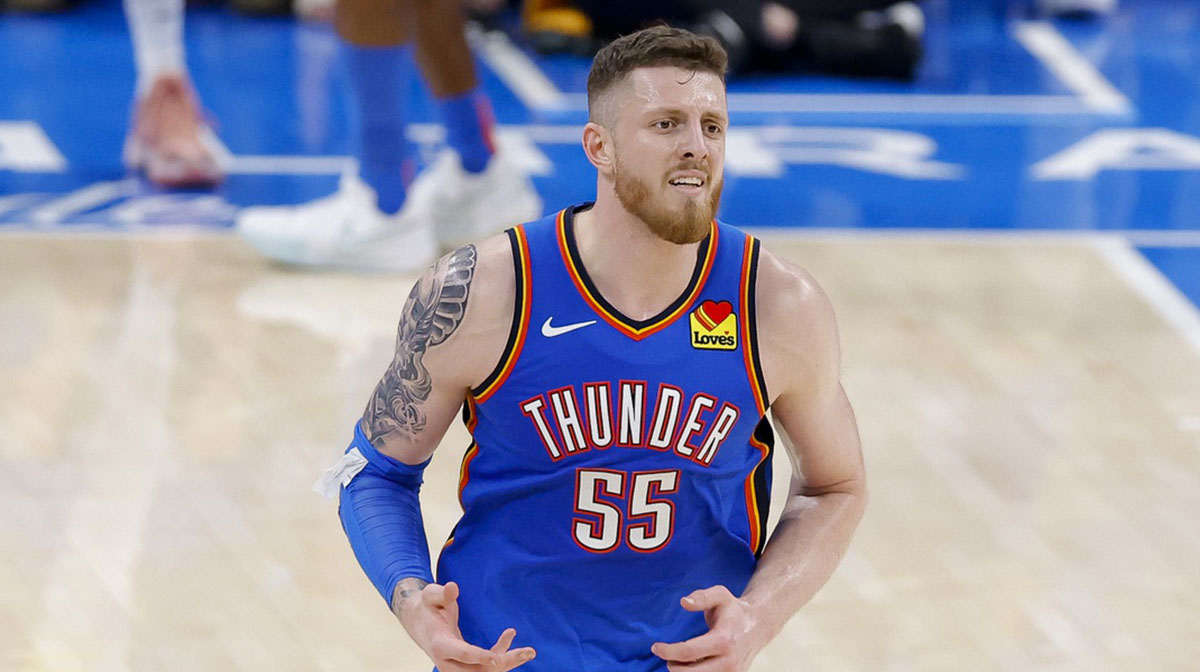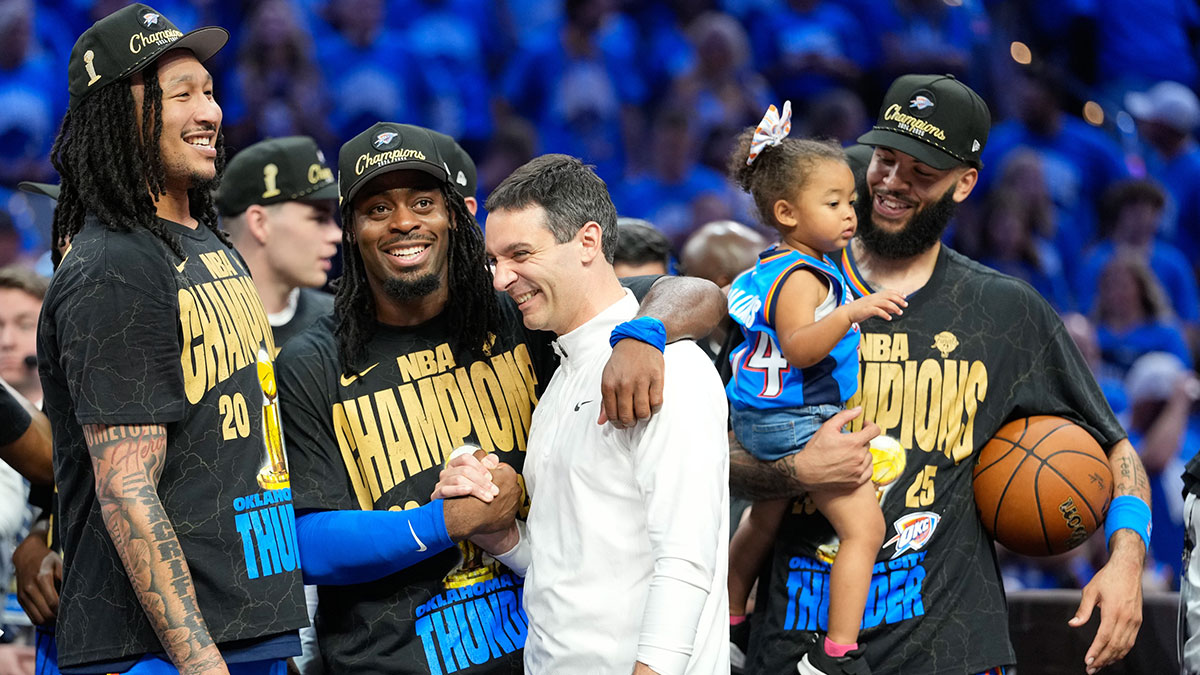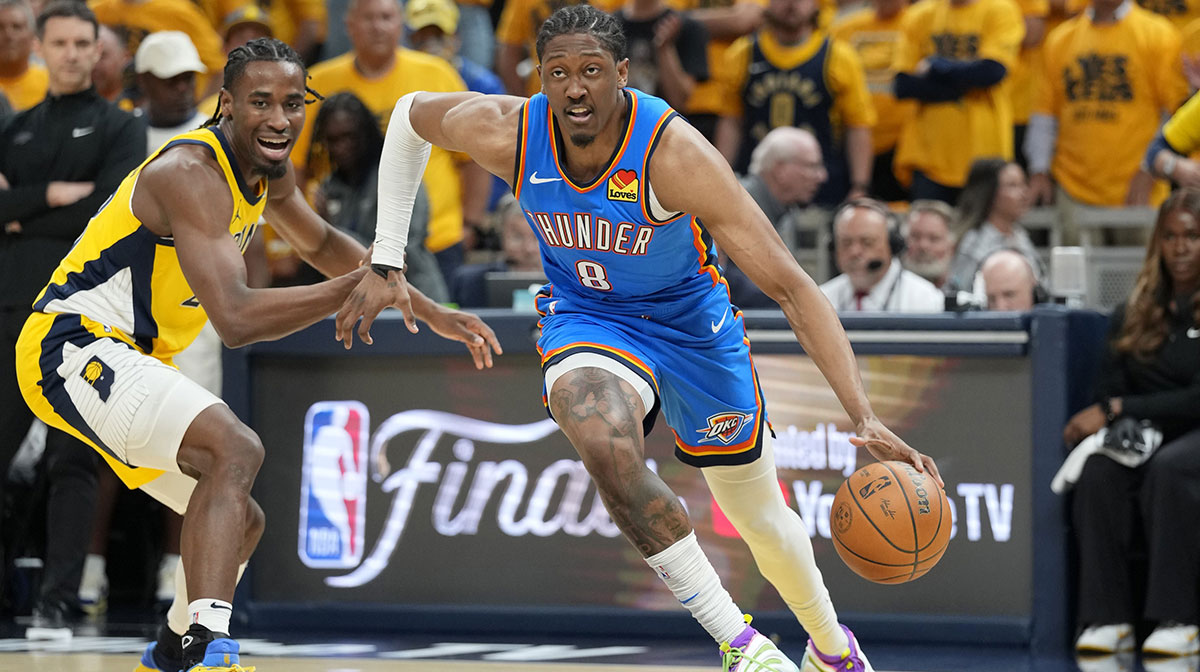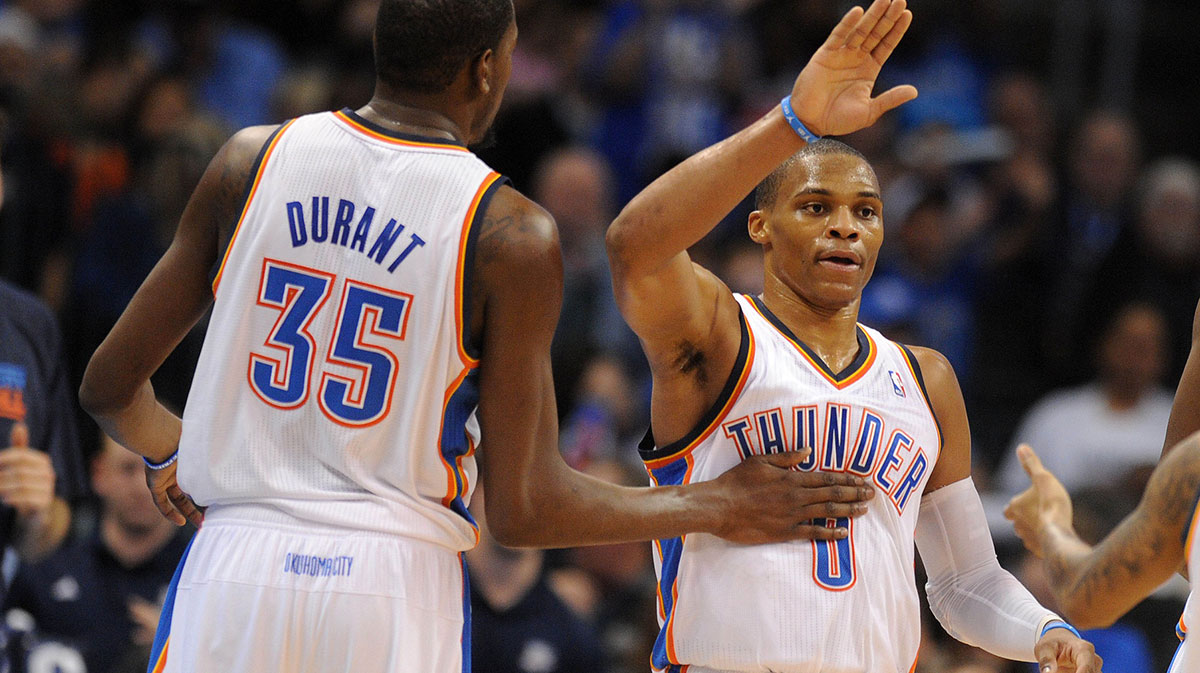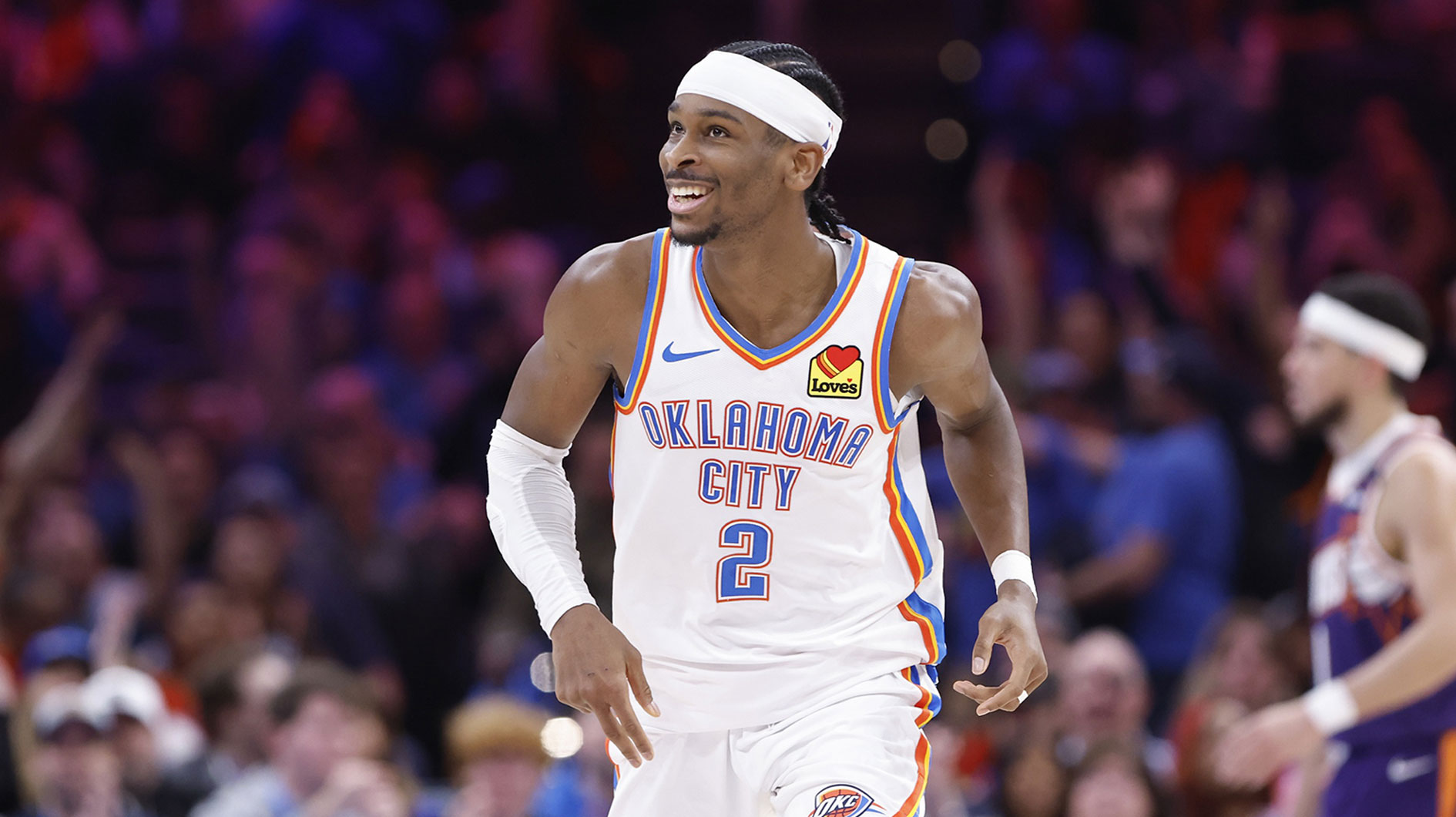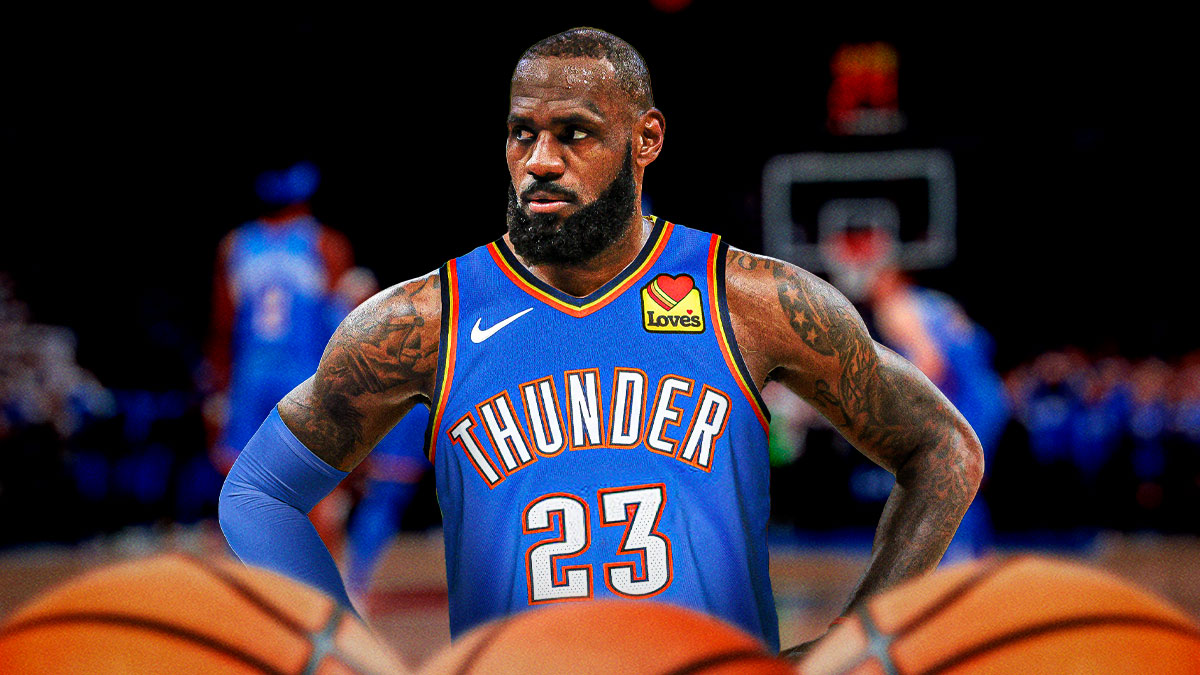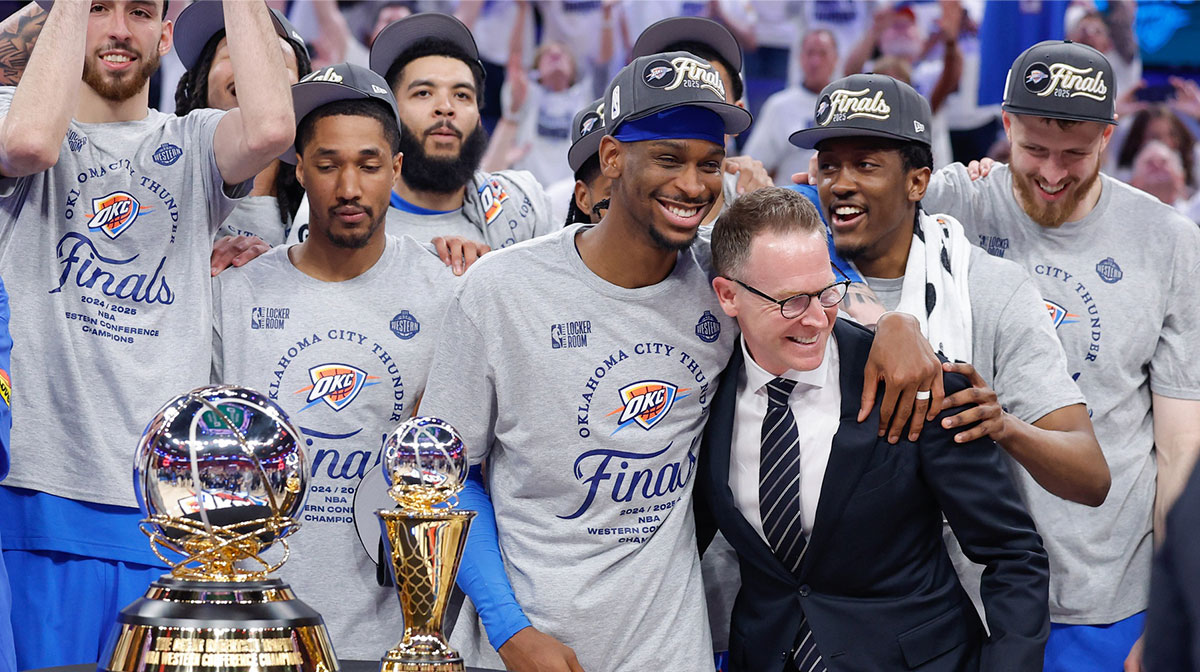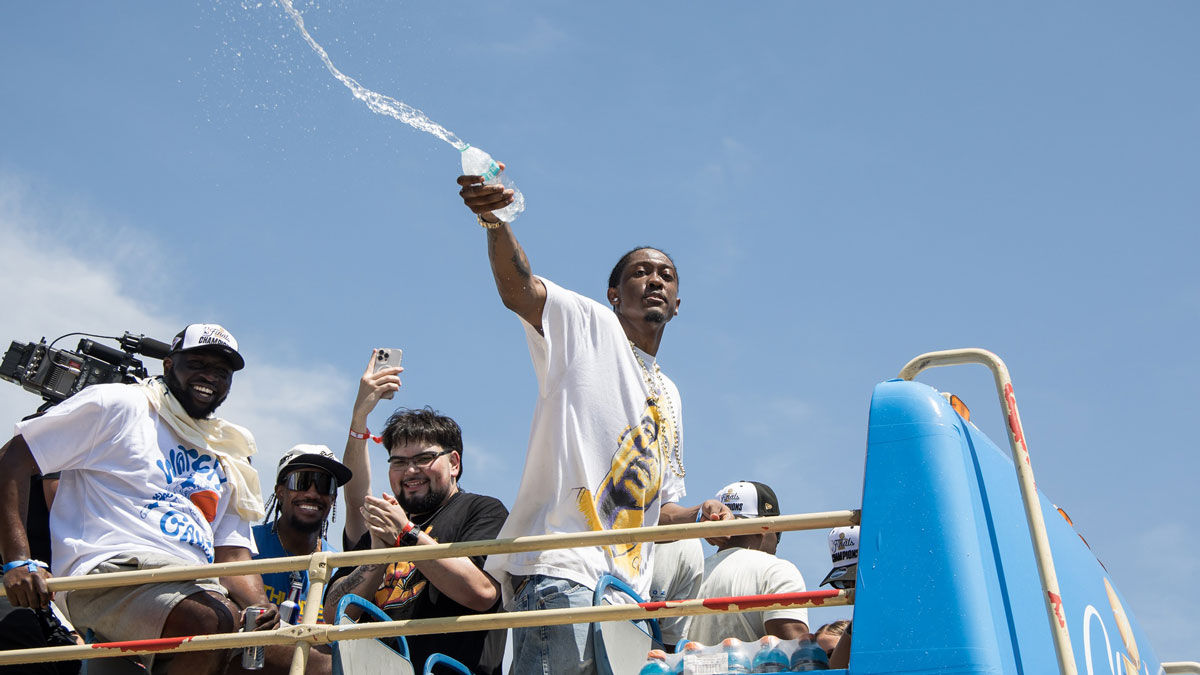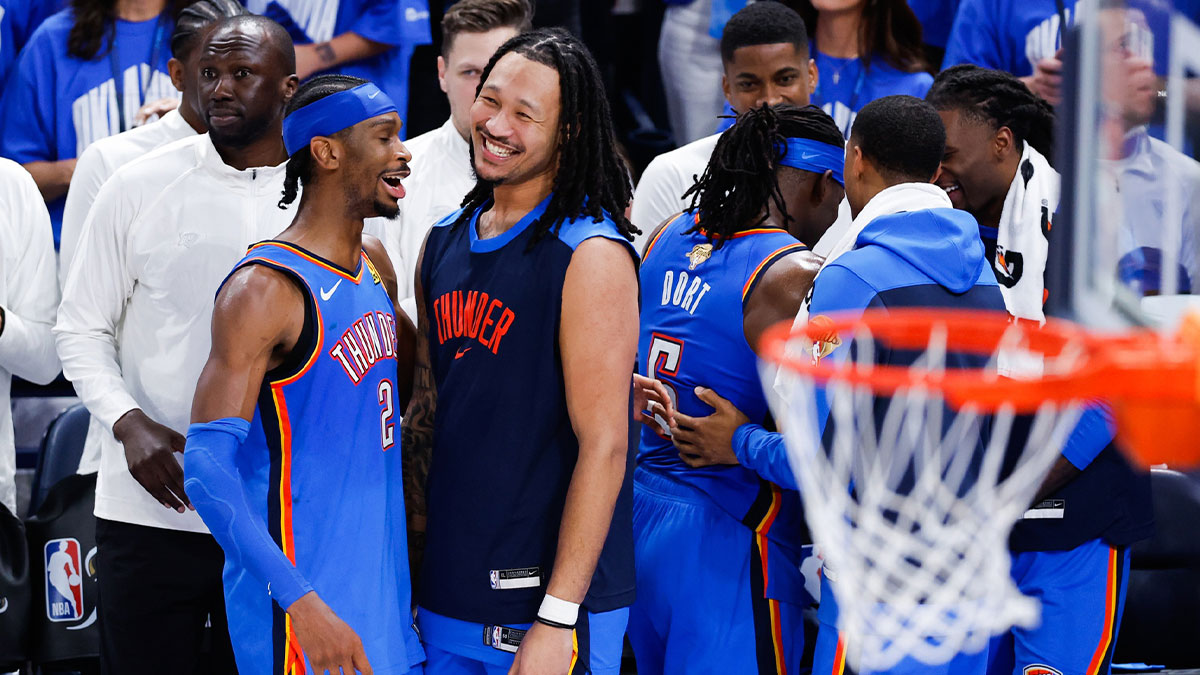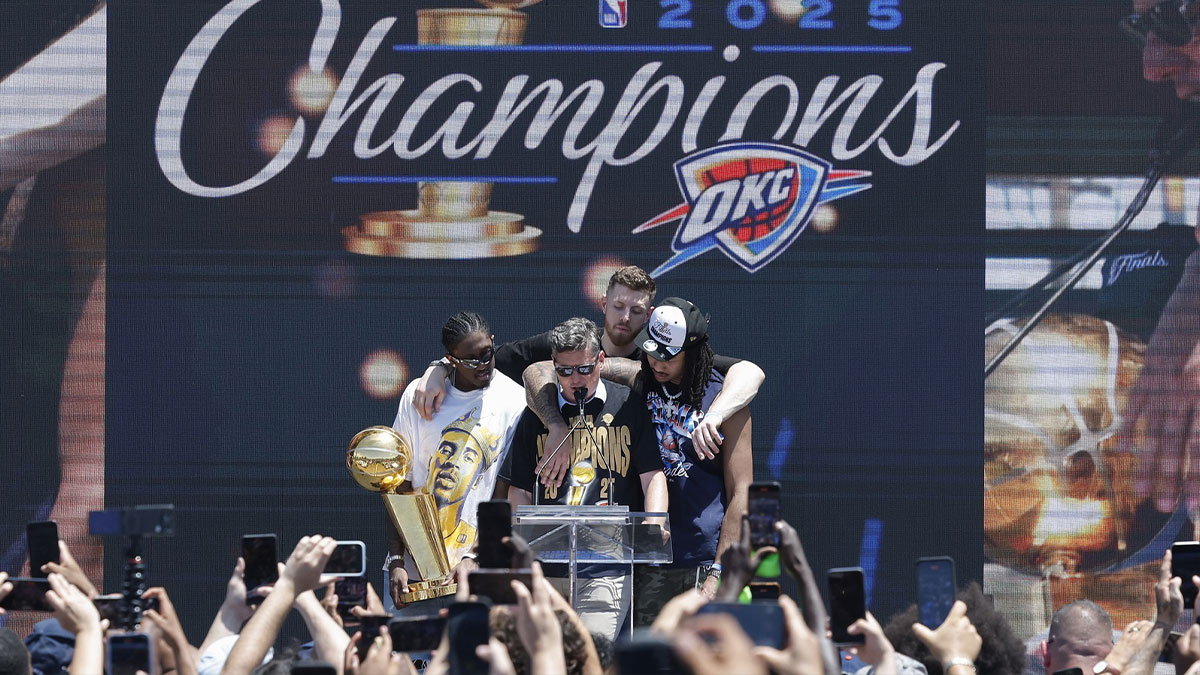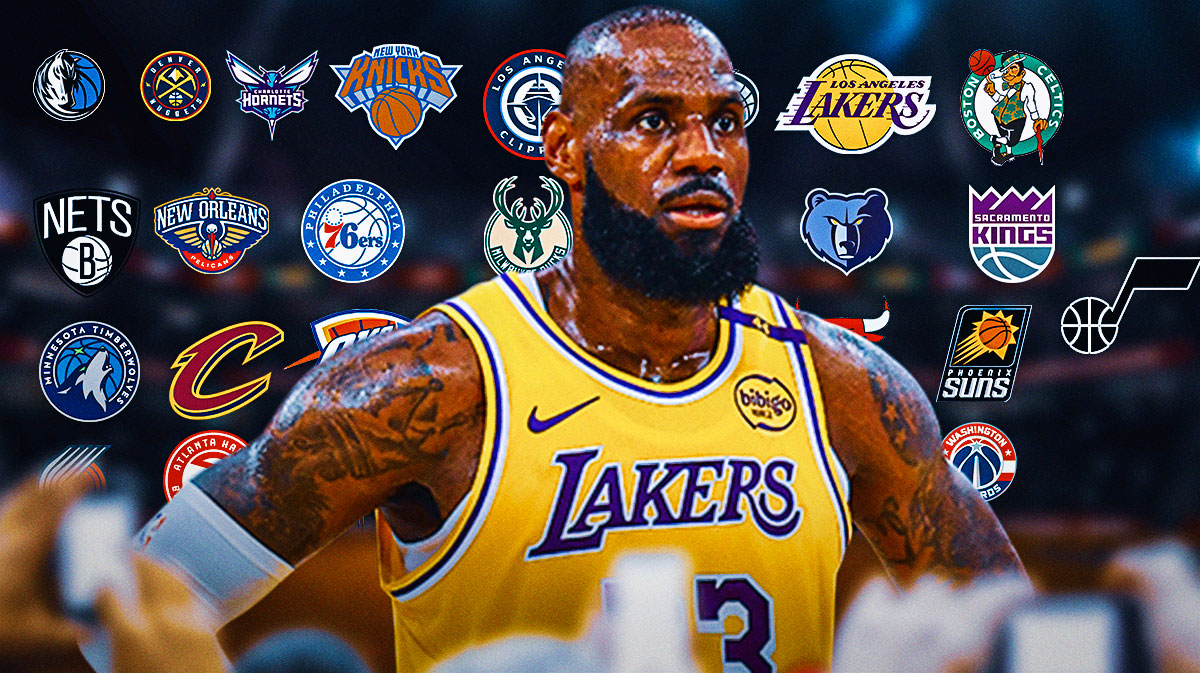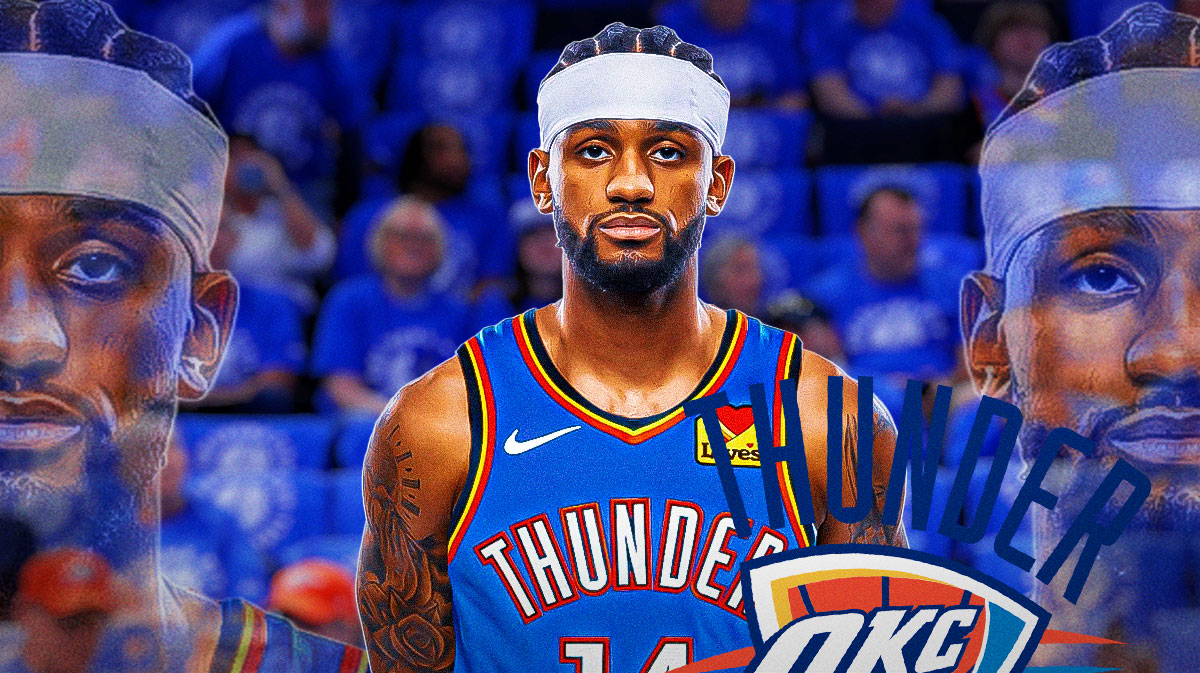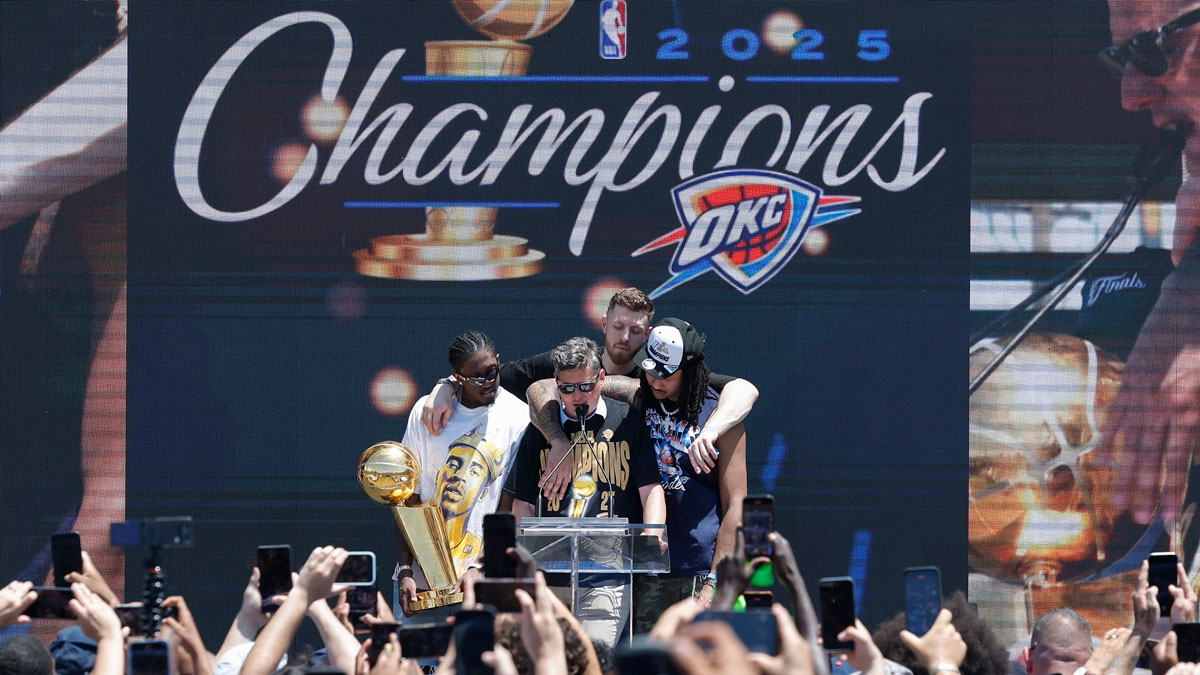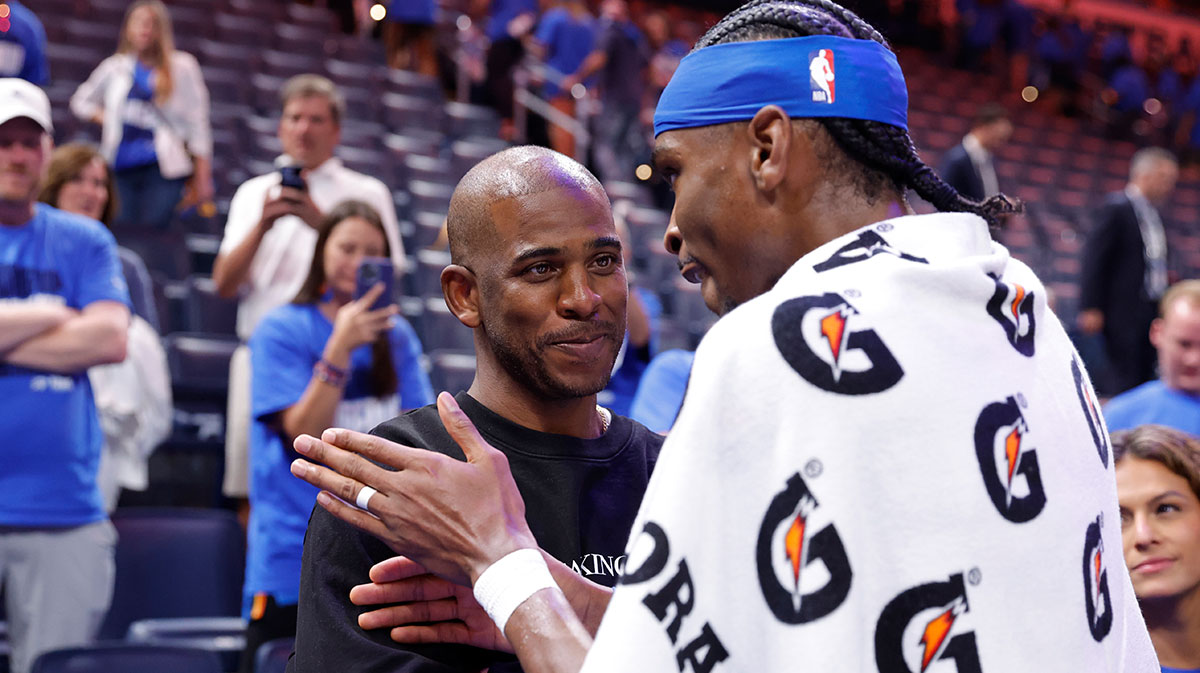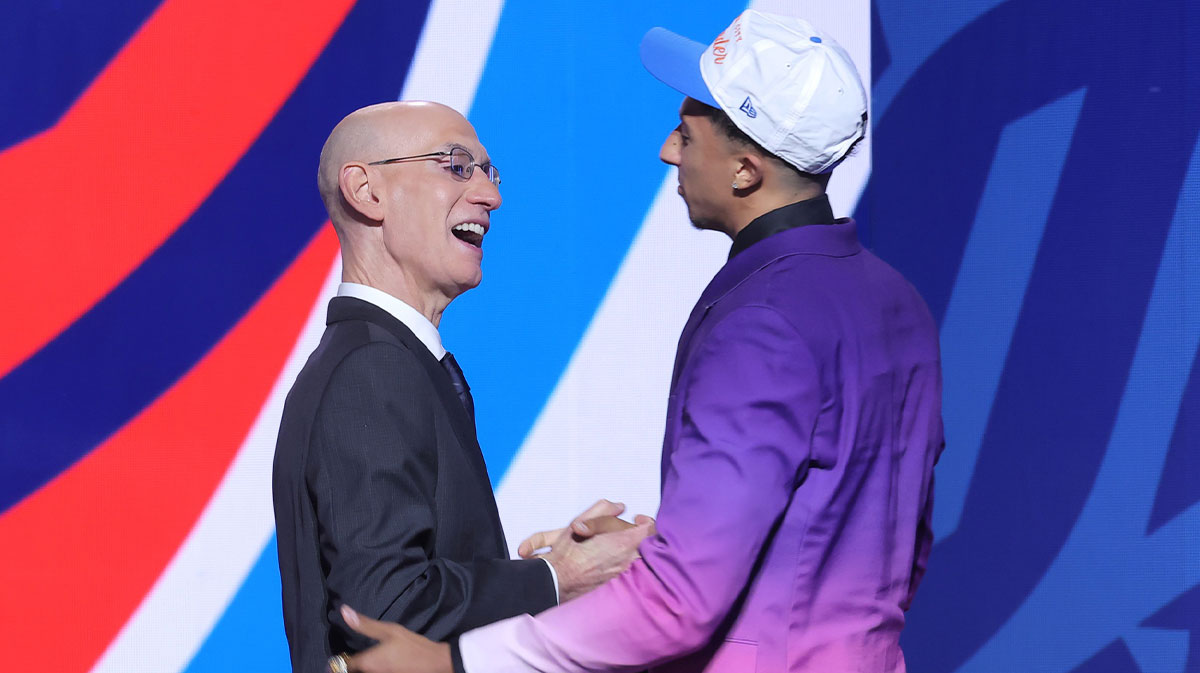The Philadelphia 76ers' appearance in the 2001 NBA Finals is viewed as a testament to the greatness of Allen Iverson more than anything else. He averaged 32.9 points, 4.7 rebounds, 6.1 assists, and 2.4 steals per game during that fabled playoff run, dragging his defense-first team not just through two seven-game series in the Eastern Conference, but also a stunning Game 1 victory over the Los Angeles Lakers with one of the most iconic individual performances in Finals history. The Lakers won the next four games, of course, but it still seemed only a matter of time until Iverson, just 25, would be back on the game's biggest stage competing for titles – hopefully with a supporting cast that gave him a realistic chance to win.
It never happened. Philadelphia won just a single playoff series over the next five years before Iverson requested a trade in December 2006, ultimately being shipped to the Denver Nuggets, where in Carmelo Anthony he was finally supposed to have a teammate capable of easing his heavy offensive burden. Iverson took fewer field goal attempts and upped his shooting percentage with the Nuggets, playing for by far the best offense he ever had in his career, but that minor change in role didn't make a difference when it mattered most, as Denver failed to advance past the first round in both of his playoff appearances. In 2008-09, after trading Iverson to the Detroit Pistons for Chauncey Billups, the Nuggets made the Western Conference Finals, pushing the eventual-champion Lakers to six games – the same team that swept them in the first round one year earlier, with Iverson in Billups' place.
Iverson never made the postseason again, finishing his playoff career with a 30-41 overall record and winning just four series overall. His legacy, though, isn't affected by spring and early summer struggles how those numbers suggests it should be. Instead, Iverson is revered as a game-changing force of will and personality, the rare Hall of Famer whose clout trumps his lack of team success.
With the Oklahoma City Thunder again on the brink of being eliminated from the playoffs before most anticipated, it's almost time to wonder if Russell Westbrook will be given similar benefit of the doubt – not to mention whether he and Iverson even deserve it without acknowledging their faults in the first place.
The analogues between the two, at least in Westbrook's post-Kevin Durant playing career, are obvious. Westbrook won an MVP in 2017 for blowing past the established boundaries of usage set by Iverson and Kobe Bryant, racking up per-game numbers the likes of which the league hadn't seen in decades. The Thunder's first-round loss to the Houston Rockets in 2017 did nothing to blemish the perception of Westbrook's season; like Iverson some 15 years prior, he would only be lauded for dragging his team passed playoff expectations than criticized for it bowing out early.
Oklahoma City's acquisition of Paul George changed that dynamic, especially as it related to this season, when he usurped Westbrook in the team's hierarchy as a two-way bellwether and brief MVP candidate. The underdog Utah Jazz beat the Thunder in six games during last year's first round, and the Portland Trail Blazers are now on the verge of eliminating them in five games despite the absence of starting center Jusuf Nurkic.
Westbrook is 4-11 in the postseason without Durant. For the third straight year, he's shooting below 40 percent from the field in the playoffs, being outplayed by an opposing guard who conventional wisdom had said stood below him in the league's individual pecking order. He's making more headlines for trying to goad Daman Lillard into a one-on-one battle he's losing and refusing to answer post-game questions than for his actual play on the floor.
The notion that Westbrook is a shooting guard masquerading as a point guard mostly vanished after the first few years of his career, when his court vision vastly improved, his sky-high turnover rate dipped, and his assist numbers suddenly placed him among the league's best passers of all time. Iverson, despite playing beside a nominal floor general for much of his career, was afforded the same shift in perception after quieting doubters with that standalone Finals run, and then again after relinquishing some ball-handling duties once he was dealt to the Nuggets.
The truth is that it doesn't really matter how Westbrook or Iverson are classified, and never has. Neither player ever sacrificed usage to a meaningful degree despite record inefficiency, and mounting evidence they could never be the driving force behind an elite offense. Neither player ever developed into a reliable spot-up three-point shooter, and neither player ever played with the relentless edge and commitment to scheme that made them valuable defenders, steal totals be damned. Neither player ever got back to the Finals, either, or came even close to doing so after playing for a championship before their primes began.
There's still time for Russell Westbrook, obviously. He should have at least two or three more years before his athleticism wanes to the point it's no longer looming, and his understanding of angles and pace as a passer should make him a worthwhile playmaker after that decline has reared its ugly head. Maybe Westbrook defies over a decade of data to emerge as a threatening shooter from the beyond the arc late in his career, a la Jason Kidd.
But what's unfathomable based on his stubborn adherence to adjust thus far is Westbrook accepting realities of both age and past playoff results, taking a firm backseat offensively to foster improvement team-wide. Iverson never did to an extent that made a difference, and probably lacked the traits necessary to evolve into that kind of player anyway. Physically, that's not a problem for Westbrook given his positional size. But it's the mental side of the game that separates the few all-time greats from the many with the talent to reach that level, and he's never shown the aptitude it takes to realize his weaknesses and mitigate them by putting the team above himself.
Iverson suffered from the same affliction, and retired without getting anywhere near another chance to play for a ring. If Westbrook doesn't work to overcome it, he's almost certain to befall the same fate – as another first-round exit would make more clear than ever.

